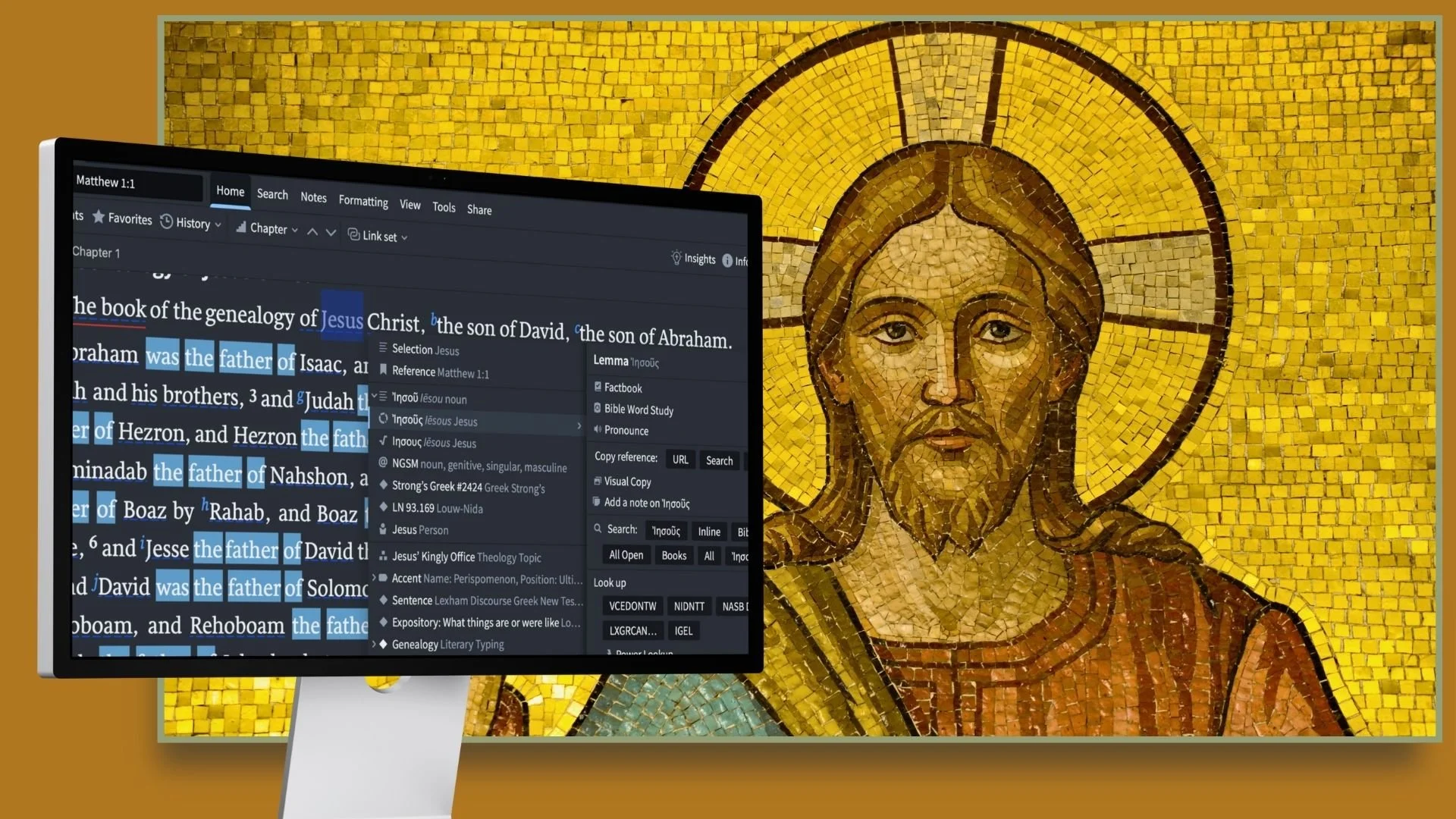
What is Jesus’ real name? (And what should we call Jesus?)
The name of Jesus is traced from its Hebrew origin, Yeshua—meaning “Yahweh saves”—through its Greek and Latin forms and into modern languages, showing that variants such as “Jesus,” “Iesous,” and “Iesus” result from ordinary patterns of translation rather than theological corruption. Claims that only reconstructed Hebrew pronunciations, such as Yahshua or Yahusha, are spiritually valid lack historical and linguistic support, whereas the polemical name Yeshu comes from later Jewish–Christian conflict rather than authentic first-century usage. The name Yeshua was common in Jesus’s time, and Christian reverence later set it apart, so that the New Testament ultimately identifies Jesus with the divine name Yahweh, emphasizing that faith in his person and saving work matters more than insisting on any single linguistic form.
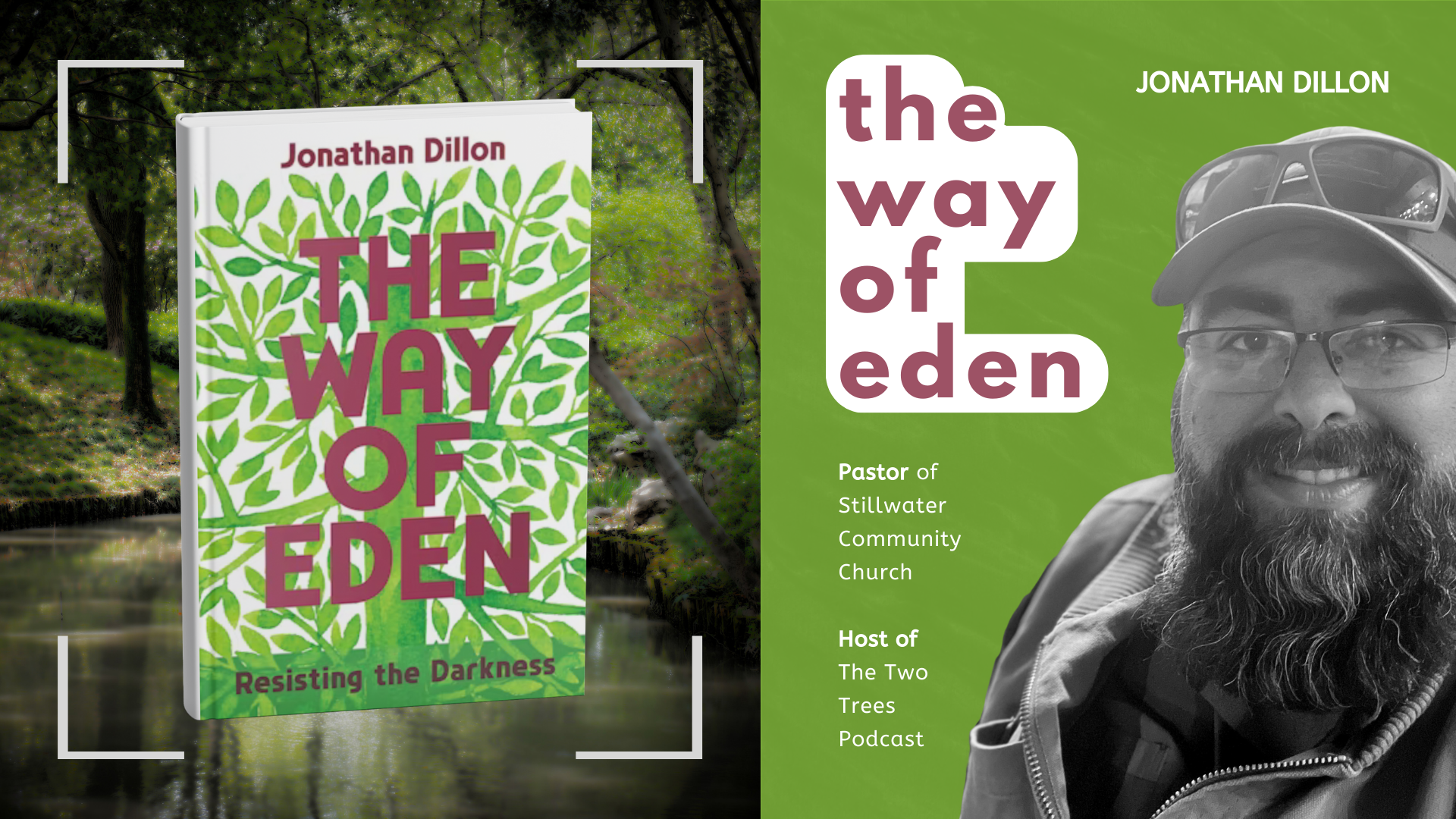
The Way of Eden
Before the darkness of sin descended onto our world, there was a time when God walked with mankind beneath the branches of a garden, and all was right with the world. It is hard now to imagine it, for we live in a world shaped by deceit and violence, but even in the darkness there is light. God is yet at work in his creation, and this book is a calling to remember what once was and what will be again. It is a calling to not lose hope, but to resist the darkness, not through violence or hatred, but by cultivating the fruit of the Spirit. A calling to remember that though we stand outside the garden, God is yet with us.

The Unseen Battle: Spiritual Warfare, the Three Rebellions, and Christ’s Victory Over Dark Powers (by Joel Muddamalle)
In his book, The Unseen Battle, Joel Muddamalle develops the concept of spiritual warfare through the Bible’s supernatural worldview. The book explains why the world looks spiritually fractured, politically chaotic, and morally contested. The book is a biblical-theological work, solidly grounded in Scripture and the Ancient Near Eastern (ANE) context. Muddamalle organizes the story of spiritual warfare around a supernatural framework of God’s supernatural and human families. He further explores how the relationship between these two households informs the narrative of conflict, rebellion, and redemption in the biblical text. The goal of The Unseen Battle is to bring understanding of the powers at work in the world and to highlight the order brought through Christ’s victory over all things.

Monotheism and the Divine Council
In conservative theological circles, the term divine primarily refers to God (the Trinity or the Godhead) as the ultimate, supernatural reality. But in historical usage, the term can be used to describe that which proceeds from God (like Jesus’s nature or the Holy Spirit’s work) or, in biblical contexts, figures in God's heavenly council (angels, etc.) as “divine” or “sons of God,” though these beings are clearly not God Himself. Divinity, broadly speaking, then, denotes something of God’s nature, essence, or involvement in his nature or essence, distinguishing it from mere human goodness or the gods of other faiths, while still acknowledging divine attributes in created beings, such as angels and divinized humans.

Gods, Demons, or Angels? Who are the divine beings who rival Yahweh?
You may or may not be aware of the recent debate between some classically Reformed voices and some of the more ‘fringe’ or DCW (Divine Council Worldview) voices regarding how we should speak about spiritual beings described in Scripture. The debate seems esoteric to many, but to others it's a significant argument as it touches on fundamental questions in orthodox Christianity about biblical interpretation and the nature of God. More importantly, this is a conversation where both sides share far more common ground than the dogmatic exchanges suggest.

The Tale of King Keret
To the ancients, kingship wasn’t merely a human institution; it was divine. We often note how the nations surrounding Israel believed their kings were appointed by the gods and even regarded as sons of the gods. The Tale of King Keret, an Ugaritic myth from the Canaanites, offers one of the clearest examples of that idea. It tells of a broken king whose dynasty has fallen, weeping until the high god El appears to him in a dream and promises to restore his line through divine favor. Keret’s authority, victories, and even his children are granted by the will of the gods, showing how the Canaanites equated royal power with divine appointment. This story illustrates the theology of kingship in the ancient Near East and illumines the cultural backdrop against which Israel’s own view of covenantal kingship emerged.
![Becoming God's Family by Carmen Joy Imes [REVIEW]](https://images.squarespace-cdn.com/content/v1/62432fcf146757356a34a5b9/1761675475156-0ZUIK0XIGFKBQODP84HO/Carmen+Joy+Imes+Becoming+God%E2%80%99s+Family+Why+the+Church+Still+Matters.jpg)
Becoming God's Family by Carmen Joy Imes [REVIEW]
Carmen Joy Imes’s Becoming God’s Family: Why the Church Still Matters (IVP Academic, October 28, 2025) addresses contemporary disillusionment with the church by presenting a biblical theology of God’s presence among His people. Completing a trilogy that began with Bearing God’s Name (covenant and law) and Being God’s Image (creation and identity), this volume explores the church as God’s chosen family, intergenerational and global, called to embody His mission despite scandals, polarization, and deconstruction. With endorsements from leading scholars and pastors, a foreword by Esau McCaulley, and resources like discussion questions and BibleProject links, Imes provides scholarly depth and pastoral care. Drawing from the full sweep of Scripture—from Abraham’s household to the church as the Spirit’s temple—she argues that God’s presence has always been tied to a gathered community, not isolated individuals, and that remaining in the church is central to Christian life and God’s redemptive plan.

Are Protestants Evangelical? And are Evangelicals Protestant?
While Protestantism and Evangelicalism share historical and theological roots, they are not identical. Protestantism emerged from the sixteenth-century Reformation, characterized by the Five Solas—faith, grace, Scripture, Christ, and God’s glory alone—and emphasized the authority of Scripture, justification by faith, and continuity with historic orthodoxy. Evangelicalism later emerged as a movement within Protestantism, centered on Biblicism, Crucicentrism, Conversionism, and Activism. The two overlap in rejecting Roman Catholic dogma and affirming salvation by faith, yet diverge as Evangelicalism often prioritizes personal experience, revivalism, and innovation over historical theology and ecclesial order. Some Protestants reject the Evangelical label due to modern theological drift, while some Evangelicals dismiss the Protestant title as outdated, favoring renewal and cultural adaptability. Evangelicalism is at its healthiest when it is consciously Protestant—rooted in Reformation convictions—while Protestantism remains vital when it is truly Evangelical in its gospel mission.
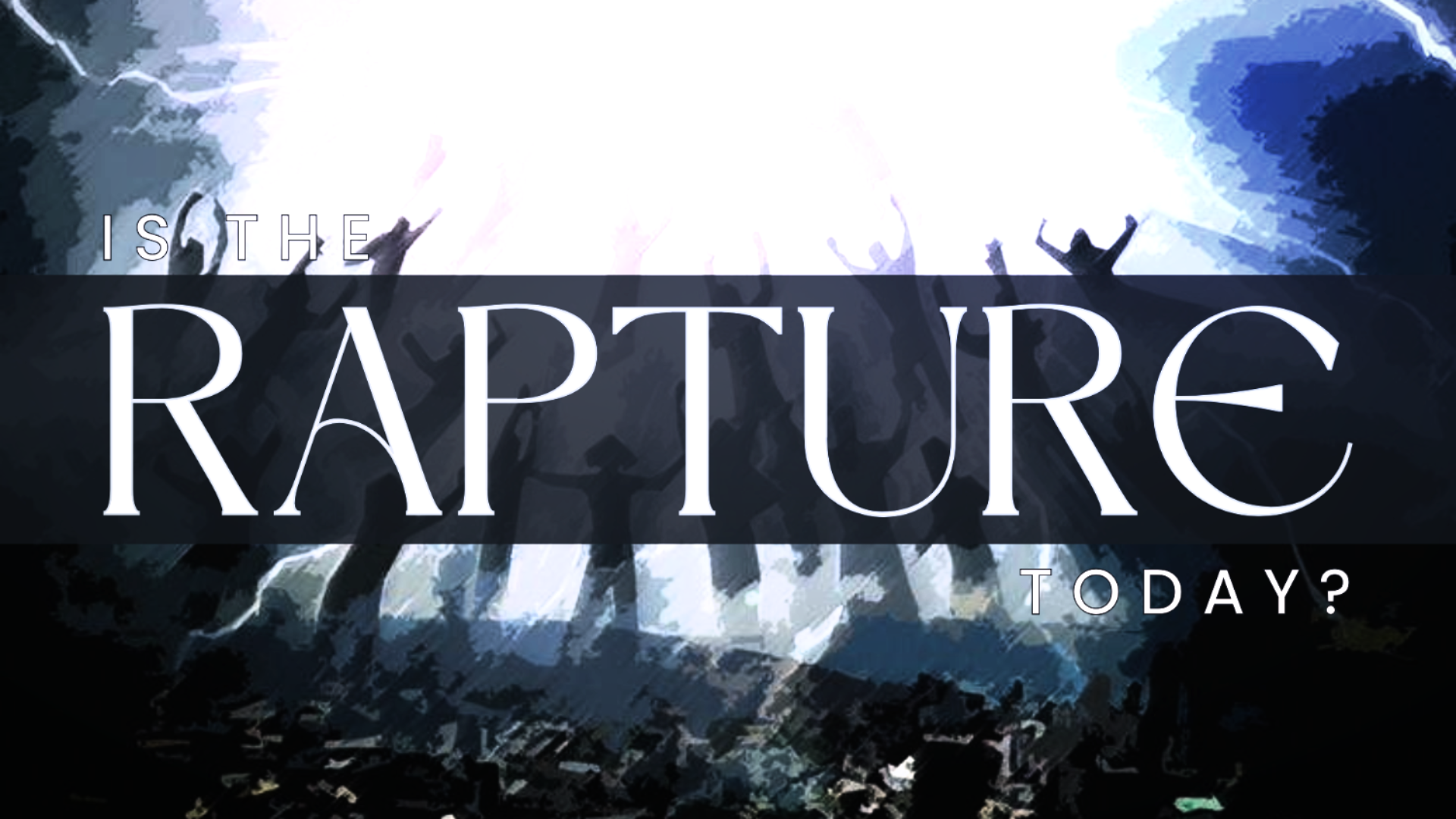
Why do people think the rapture is happening today?
This article examines the current viral prediction of a September 2025 rapture by South African preacher Joshua Mhlakela, placing it within a long history of failed forecasts like those of Harold Camping. It argues that while the Bible clearly teaches Christ’s return will be sudden, visible, and unknowable in timing, the modern doctrine of a secret rapture is a 19th-century invention of dispensationalism, spread through conferences, radio, and popular media rather than Scripture itself. Instead of anxious speculation or escapist hopes, Christians are called to readiness through faithfulness, holiness, and active discipleship—raising families in the Lord, practicing justice and mercy, persevering in suffering, and serving within the church. The true biblical hope is not escape from tribulation but the transformation of creation at Christ’s visible return, when the dead will be raised, evil judged, and God’s kingdom fully established in a new heaven and new earth.
![[Review] EXPANDED: THE UNSEEN REALM](https://images.squarespace-cdn.com/content/v1/62432fcf146757356a34a5b9/1758220086783-LGEIHXK6T8NLZZ1VI9AT/What+the+Unseen+Realm+Didn%E2%80%99t+Address+%281%29.png)
[Review] EXPANDED: THE UNSEEN REALM
The expanded edition of The Unseen Realm adds over 17,000 words, twenty-four expanded chapters, a new appendix, and more, making it about 175 pages longer than the original. Released by Lexham Press in a deluxe hardcover with striking artwork, it serves as a worthy tribute to Michael Heiser’s legacy. The book challenges Western Christianity’s flat, naturalistic view of Scripture by recovering the biblical authors’ supernatural worldview. Some readers may find its depth demanding, especially those new to biblical theology, but many will welcome its insights and clarity on passages often called “weird” or confusing. The expansion integrates material once only online, weaving it into the book to present Heiser’s broader reflections. For these reasons, I give the expanded edition a full ⭐⭐⭐⭐⭐, recommending it both to long-time students of Heiser’s work and to thoughtful readers eager to engage the Bible on its supernatural terms.
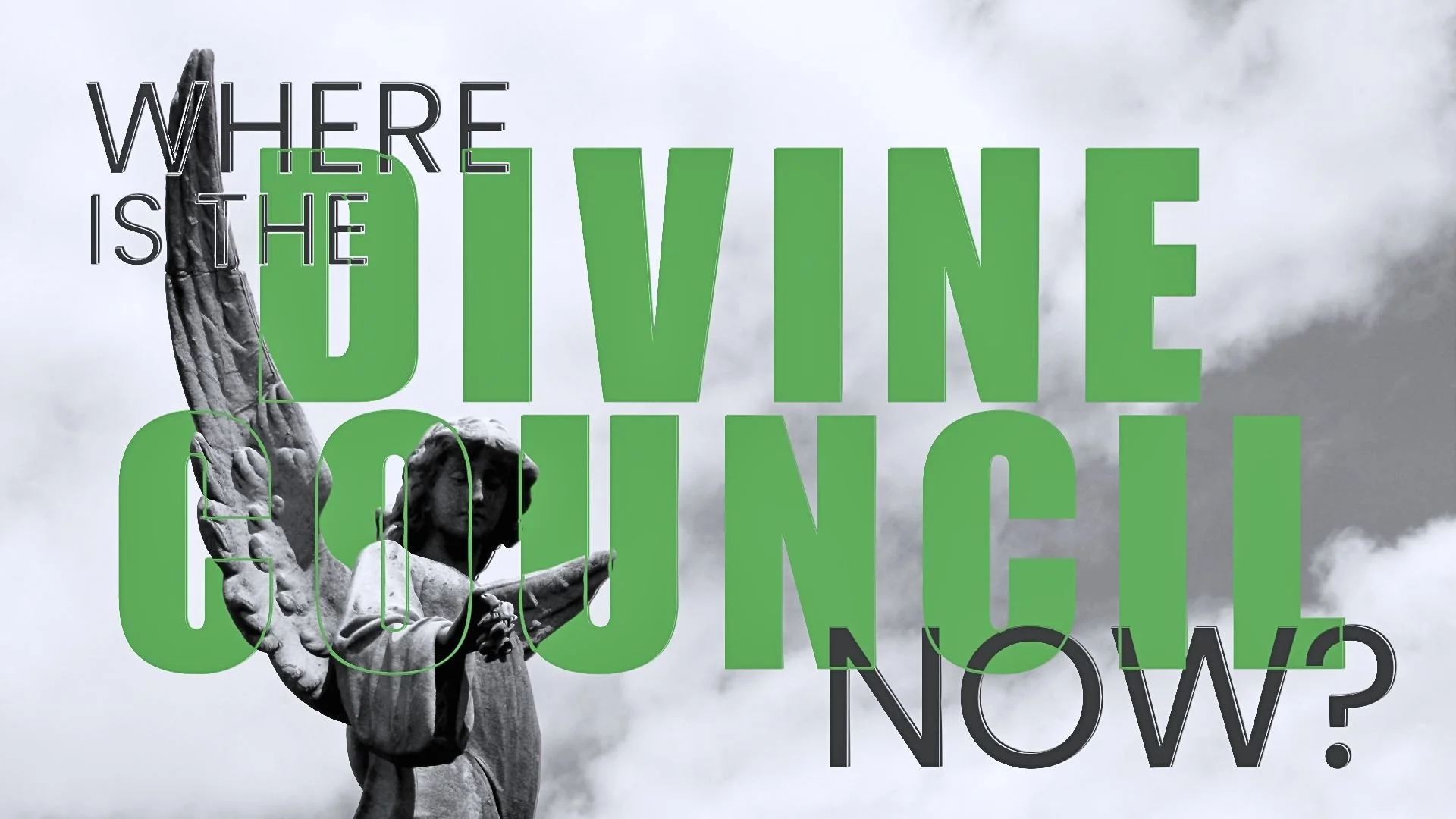
What Happened to the Divine Council?
The Biblical authors portray God as ruling from his throne in heaven, surrounded by a council of heavenly beings. This ‘divine council’ appears in multiple Old Testament passages, functioning as God’s heavenly court intended to mediate his governance to all the nations. But by the time of the New Testament, this council was removed from power due to rebellion against God and was replaced by the sole authority of Christ. To ask what happened to the divine council is to trace the story from creation to the consummation of God’s kingdom in the end.

God’s Omnipresence and Sovereignty in Creation and Salvation
God is omnipresent, an attribute that converges with his sovereignty over creation and salvation. In the following article, the analogy of a carpenter making a chair is used to explain how different theological traditions—Semi-Pelagianism, Arminianism, and Calvinism—understand the relationship between God’s role and human responsibility in salvation, arguing that while each tradition captures some essence of truth, how God’s omnipresence and timeless sovereignty hold all things—creation, history, and salvation—within himself and without contradiction. The aim of the article is not to settle any disagreements between classical soteriological perspectives, but to inspire deeper thinking on the matter.

Is Christianity Making a Comeback Among Young Adults? (Pew Data vs. Media Narratives)
Recent data indicates that after decades of steady decline, Christianity's presence in the United States has stabilized, particularly among younger adults. While overall religiosity remains lowest among those aged 18–24, the generational drop in Christian affiliation appears to have halted, with the youngest Gen Z cohort showing similar religious identification and practices to their slightly older peers. Young men, once expected to lead the exodus from religion, are retaining faith at slightly higher rates than young women, narrowing the historic gender gap. Though anecdotal reports highlight a growing interest in traditional expressions of Christianity, such as Eastern Orthodoxy and Latin Mass Catholicism, and cultural influencers have sparked renewed spiritual curiosity among some, these trends remain statistically small and highly concentrated. The data suggest not a resurgence, but a pause in religious decline; the dominant pattern remains one of widespread secularization, with only subtle signs of potential revival emerging at the margins.

A Biblical Symbology of Clowns: The Clown on My Wall
Clowns embody contradiction and inversion, acting as cultural symbols that expose the boundaries and hypocrisies of human systems through humor, discomfort, and absurdity. Though often feared, their purpose is not malevolence but revelatory: clowns function as sacred fools or prophetic tricksters who disrupt social order to reveal truth. Historically rooted in the role of the jester, the clown occupies the space between order and chaos, revealing hidden realities and confronting tyranny by returning overextended structures to a state of potential. The clown’s unsettling presence reminds us of the wilderness beyond the city—unformed but filled with potential—where God's dominion is meant to extend. Unlike the Nephilim, who represent fallen power structures rooted in underworld tyranny, clowns challenge tyrannical structures by embodying disorder in the hopes of divine renewal. They are not evil but disruptive, meant to provoke discomfort that leads to growth in wisdom, endurance, and insight. In a world of inverted values, the clown is the only archetype meant to turn things right-side up.

A Brief Introduction to Protestant Sacramentalism
Churches take many different forms. Some of the differences between churches arise from a cultural expression of biblical teachings, while others reflect theological convictions shaped by particular traditions, congregations, or teachers. Sacramentalism, as will be further explained, is a theological position that emphasizes ordinances established by God’s word, followed by faithful obedience through sacrament, resulting in divine activity. In contrast, churches that follow a Normative Principle of Worship (to be defined further) may, through well-meaning human creativity, inadvertently drift from God’s design for his church as revealed in Scripture. Sacramentalism guards against this by emphasizing a degree of regulation in Christian worship and practice, rooted in God’s revealed will. This article will explore some of the biblical, theological, and historical foundations of sacramentalism and argue that a return to a historically Protestant sacramental theology offers the most faithful vision for the life and worship of the church.

Papal Succession: What Protestants Can Learn from the 2025 Conclave
Some Protestants are fascinated by the Pope, while others—understandably, given church history—want nothing to do with him. While I don’t think fascination with the Pope is healthy for Protestant Christians, I do believe that meaningful dialogue between Catholics and Protestants is increasingly necessary. The reasons behind the Protestant Reformation remain essential, but they do not mean there is nothing we can learn from one another. With that in mind, I would like to consider three lessons that Protestants can take away from the 2025 conclave—lessons that will hopefully bolster our understanding of leadership and succession within our own traditions.

REVIEW—Lost Words and Forgotten Worlds: Rediscovering the Dead Sea Scrolls
Andrew B. Perrin aims to reconnect readers with the ancient yet continuously evolving narrative of the Dead Sea Scrolls (DSS), clarifying misconceptions and emphasizing the scrolls’ enduring significance for biblical interpretation and textual criticism. The book challenges traditional assumptions and highlights how recent research, including technological advancements and exposure of forgeries, reshapes our understanding of biblical texts in their historical contexts. Perrin encourages readers to engage with the scrolls not merely as artifacts but as windows into Second Temple Judaism, demonstrating the diverse religious environment that birthed the New Testament and early Christianity. His approach reflects the ongoing, dynamic conversation between ancient findings and contemporary scholarship, advocating for a thoughtful reassessment of biblical tradition through the lens of this extraordinary archaeological discovery.

Should AI Be Used for Theological Research?
Small variations in prompt wording can significantly change the course of AI-generated theological research, as exemplified in the debate between Arminianism and Calvinism. Shifts in phrasing shape the model’s assumptions, research patterns, source selection, and final conclusions in ways that often go unnoticed, revealing how easily bias can be loaded into the process without realizing it. AI models tend to prioritize systematic theological structures, emphasize textual coherence over narrative development, and reinforce the framing presented to them, making truly objective theological analysis difficult to achieve through artificial intelligence.

What is the Atonement in the Bible? (Thoughts on Atonement from Dr. Michael S. Heiser)
Michael Heiser understood Christ’s atonement as a multifaceted reality best described as a kaleidoscope, where various theories—Penal Substitution, Ransom, Moral Influence, Governmental, Recapitulation, Christus Victor, and potentially others—each offer legitimate insights into the work of Christ without needing to be synthesized into a single system. He affirmed substitution as biblically essential while rejecting the notion that God’s wrath was poured out on Jesus in a punitive sense. Heiser emphasized biblical theology over systematic formulations, preferring to let the text speak in its own diversity. Among the models, he notably favored Christus Victor, seeing Christ’s death, resurrection, and ascension as the defeat of spiritual powers and the beginning of cosmic restoration.
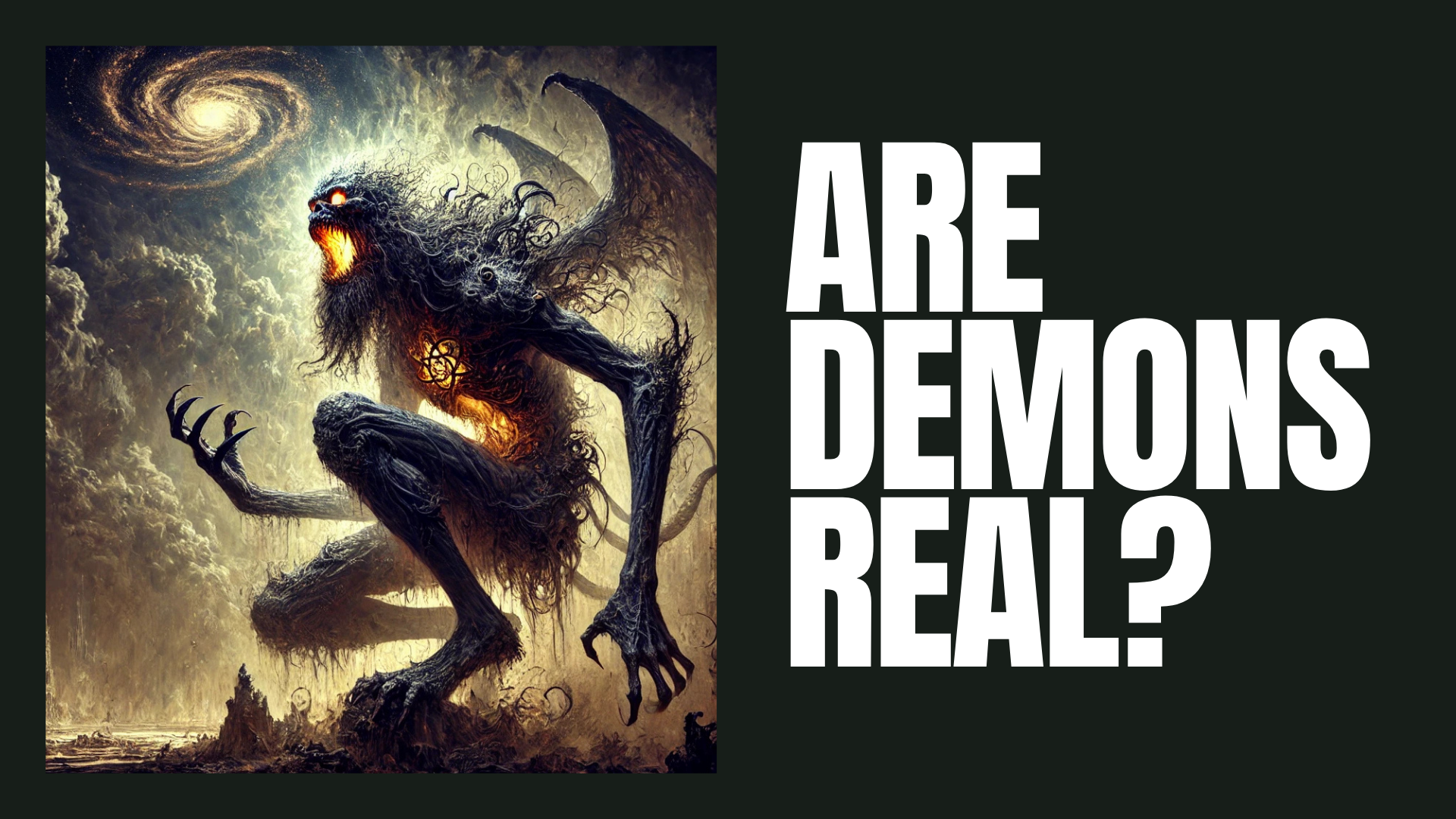
Are demons real? (Where do they come from? And what do they do?)
Demons are real, and their origin traces back to the Nephilim—the giant offspring of rebellious divine beings and human women—whose disembodied spirits now roam the earth in defiance of God. These unclean spirits emerge from ancient cosmic rebellion and continue to corrupt, deceive, and oppose God’s purposes in the world. They promote false teachings, exploit human institutions, and wage spiritual war against humanity. Yet their influence is not ultimate; through Jesus, the Kingdom of God has broken in to confront and overcome their power.